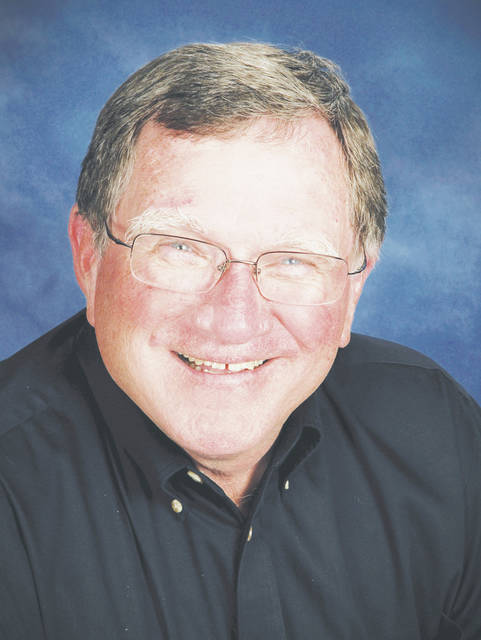
In Sunday school a few days ago, we were talking about storms and miracles. Specifically, we discussed Jesus walking on the water toward the small fishing boat where his disciples hid in fear for their lives.
Their small boat was being horribly battered by the waves and wind on the storm-tossed Sea of Galilee.
As Christ approached the boat, Peter stepped out and started to walk on the water toward Christ, but when he turned his head, he immediately began to sink. Peter cried out, “Lord, save me.” Jesus reached out his hand to Peter and pulled him from the stormy waters.
It was a miracle upon a miracle.
We discussed various aspects of this remarkable story. Then we started talking about the real storms in our own lives; storms that we have seen, endured and survived. I was reminded of my experiences in Biloxi just a few days after Hurricane Katrina stormed onto land in late-August 2005.
I served as a respiratory therapist on a disaster medical assistance team (DMAT). We were the first to arrive and were assigned to the Biloxi Regional Medical Center.
The entire hospital was in disaster mode. They had very little power. Katrina’s 22-foot high storm surge had stopped just inches from the emergency room door. Their ER simply could not handle the flow of patients that struggled to get through those doors.
Their central air conditioning system was disabled. Patients were dying from the heat. We packed many people with ice and bathed them with alcohol to keep them cool – to keep them alive.
Entire neighborhoods along the Biloxi peninsula had been swept away. The only reminder of the many homes that were once there were the concrete steps that had led to their doors. Everything else was just gone.
There was a feeling of hopelessness and despair throughout the entire gulf region.
A DMAT team works like one of the old army M*A*S*H units. We have to be mobile. We also have to be able to handle almost any medical problem that comes to us.
Our unit set up in a parking lot just across an alley from the hospital’s emergency room entrance. With doctors, nurses, therapists and EMTs, we were ready.
A few days after we got there, a young mother brought her 9-year old son to us. He presented symptoms associated with asthma. Listening to his lungs revealed the classic wheezes and congestion that is often heard with that lung disease.
According to his mother, he had never had these symptoms before. The young boy was very subdued. He spoke very little. There was a sense of sadness about him. I asked the mother if it was possible that he might have inhaled some water during the storm.
She looked away from me. Then, she looked down at her son.
She said, “We should have left, but we decided to ride out the storm. Thank God, my father came over to stay with us. The three of us huddled in a downstairs bathroom. As the water came in, we went upstairs and hid in a closet. The wind and water drove us out of the closet, and we climbed into the attic. We were clinging to rafters as the roof started to come apart. I saw my Dad grab my son and hold him as they were swept away. All I could do was hold on.
“When the storm ended, they found them in a tree. My Dad had held onto my son throughout the entire storm. Dad died shortly after they got them down. My son hardly speaks anymore. I need to get him some help, but I was more worried about his breathing. Is it possible that he inhaled some water that night? Yes. Yes, I think it’s very possible.”
I listened in silence as she gave the history of her son’s condition. People nearby also stopped what they were doing and listened to this amazing story.
We gave the young fellow some bronchodilators by aerosol. He also received some anti-inflammatory medication. He seemed to be medically stable. We asked a mental health counselor to spend some time with him and his mother.
It was a miracle that they both survived the storm, but they lost an important part of their lives that dark, horrible day. His last memories of his grandfather will be of the strong arms that held him throughout the storm and saved him from the wind and water.
If you think about it, we have all seen miracles. I have been blessed to have seen several miracles during my medical career, but sometimes with the miracle comes some major pain and loss.
That young boy is now in his mid-20s. I pray that his mind is at peace; that his memories do not torment him; that his memories of that day include an appreciation of the miracle that was his grandfather.
Randy Riley is former Mayor of Wilmington and former Clinton County Commissioner.


